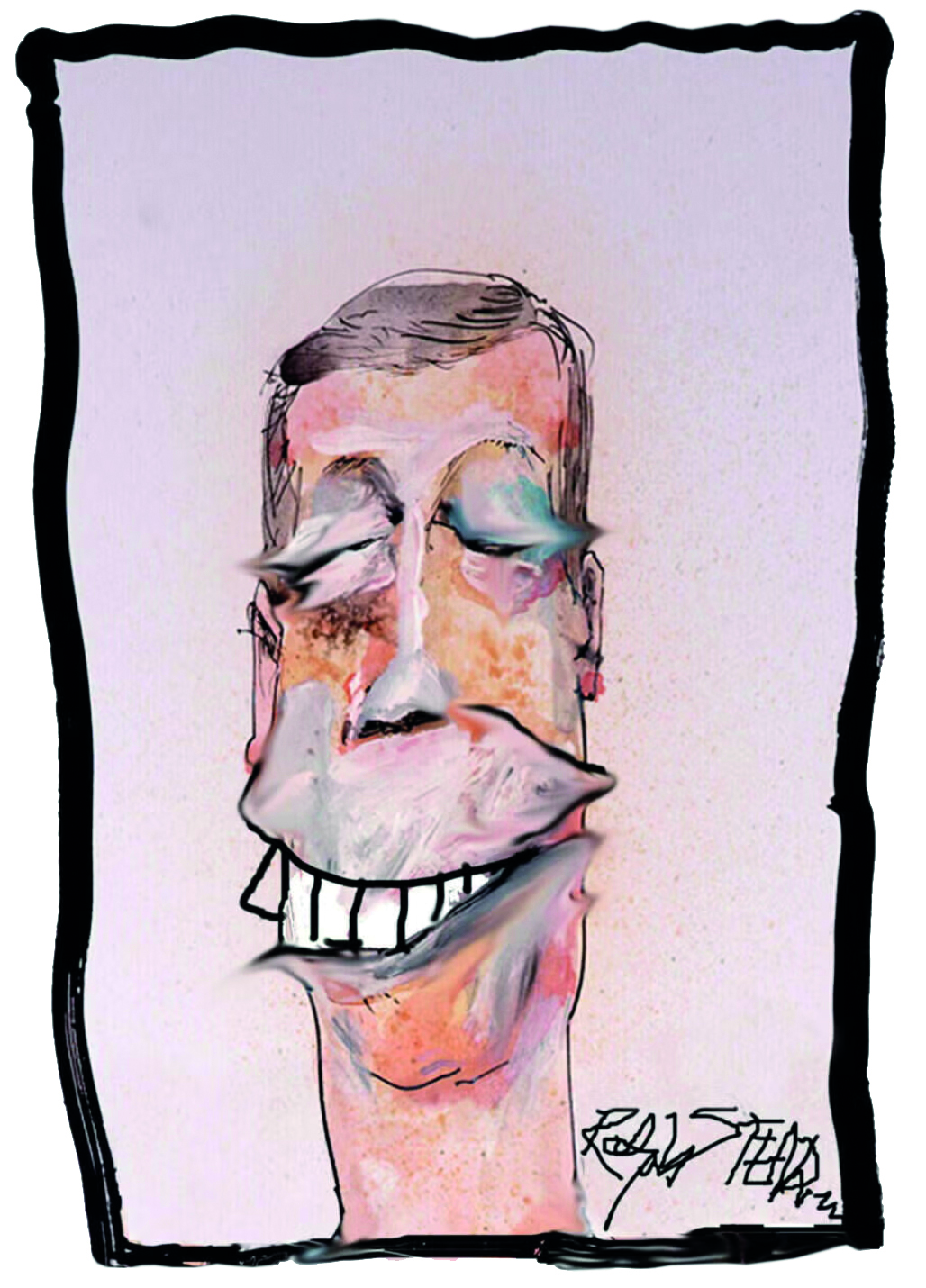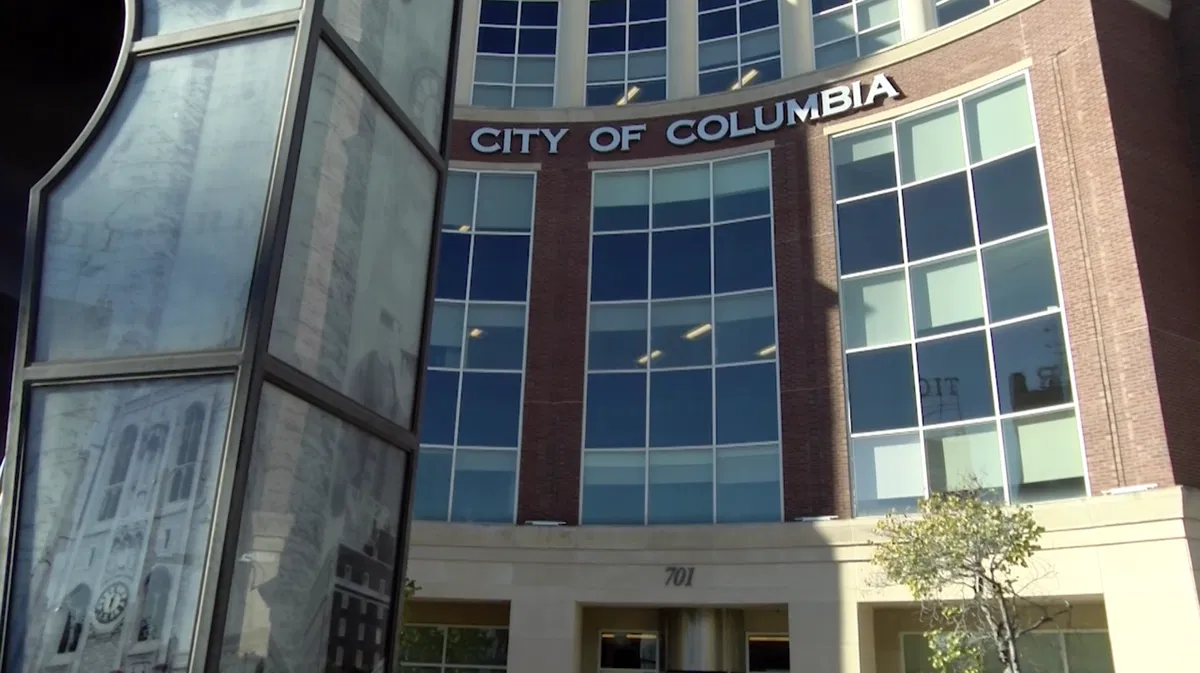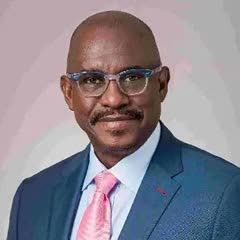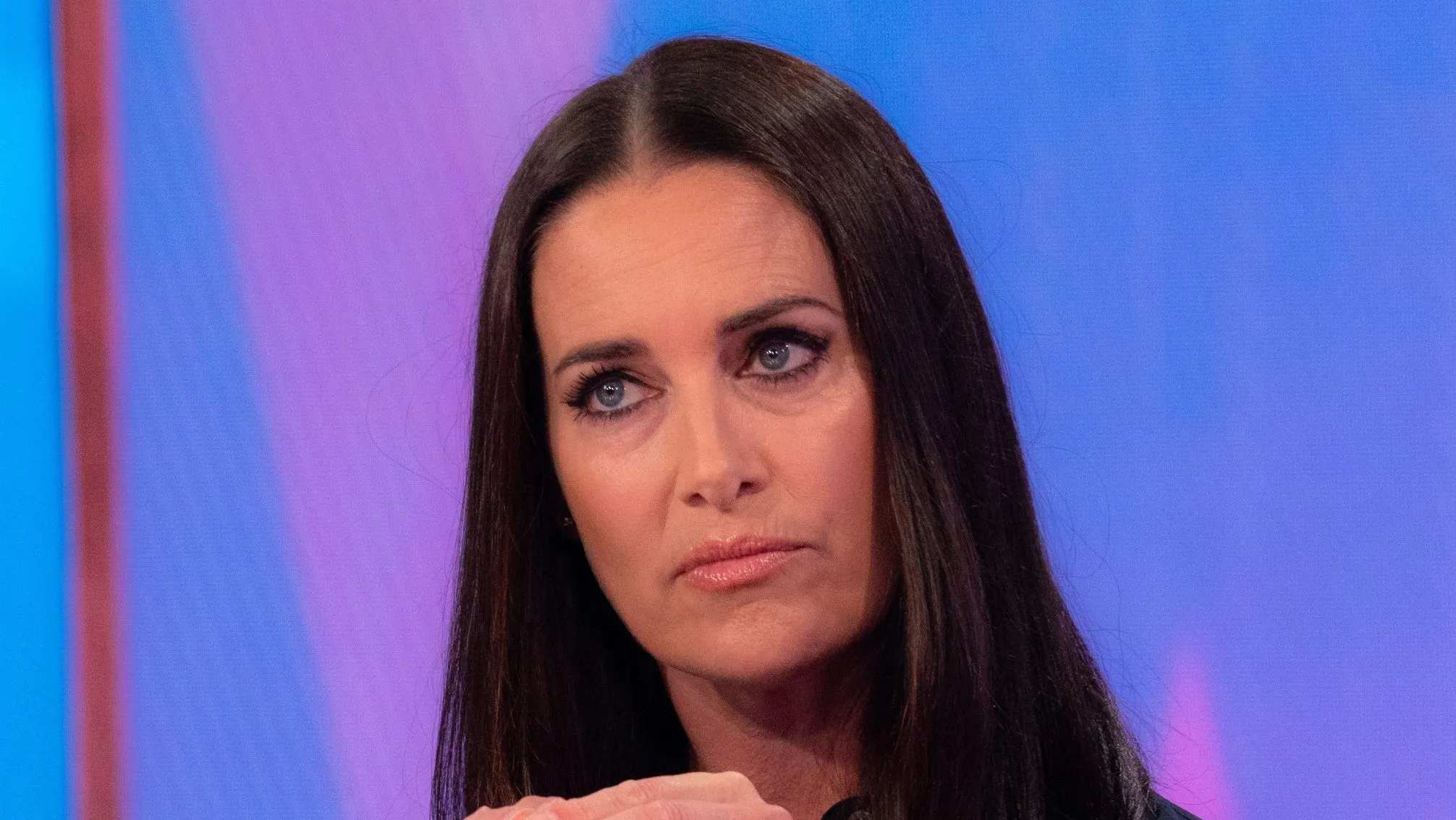Copyright The Philadelphia Inquirer
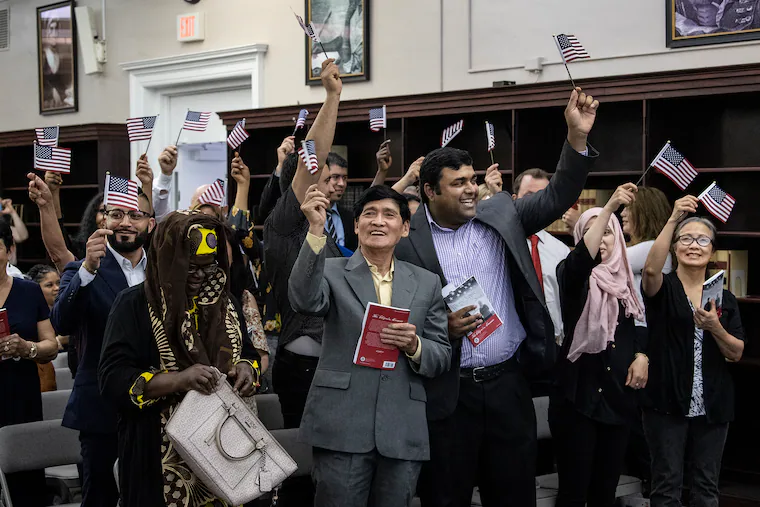
Raised in Northeast Philadelphia, sisters Perla and Aydee Trinidad do everything together, from speaking with a similar cadence to enrolling in the same college program. But these days, only one of them feels like she can move through the city without the worry of being taken away. Even as a legal resident, “with all this immigration stuff going on, I don’t feel safe. It’s like you need to be a citizen to feel like you belong here,” said Perla Trinidad, 24. Aydee Trinidad, 22, became a citizen in March. Having applied before the 2024 election, her biggest motivation for citizenship was accessing scholarships that could help her obtain a business degree. Now, beyond opportunity, the Dominican American feels like her status grants her safety. So, when Perla Trinidad expressed a desire to follow in her footsteps and apply for citizenship, her sister took her to the place that had helped her, Esperanza Immigration Legal Services to file her application, which is now being processed. Esperanza runs free monthly citizenship clinics year-round, screening permanent residents to see if they qualify to apply for U.S. citizenship and offering a free summer civics class to prepare them for the test. This year, however, things have changed — the test is longer and requires more knowledge, and some organizations that have traditionally helped migrants prepare for the test have lost the federal funding to do so. “Naturalization has never been a polarizing issue,” said executive director Anu Thomas. “Immigration, sure, but not naturalization, and yet we see the administration doing it.” » READ MORE: Quiz: How would you do on the U.S. citizenship test? The 2025 naturalization civics test Becoming a U.S. citizen comes with a plethora of requirements, including passing English and civics tests. The civics test has been a requirement since the early 1900s, and the 2008 version had been in use for almost 20 years. The oral evaluation pulls from a list of 100 U.S. history and government questions. A U.S. Citizenship and Immigration Services officer would ask the applicant 10 questions, and so long as they answered six right, they passed. Between October 2023 and September 2024, 89.7% of immigrants who took the test nationwidepassed on the first try, and 94.4% of those who needed to retake it passed on the second (and last) opportunity, according to U.S. Citizenship and Immigration Services. This led to 818,500 people becoming U.S. citizens, including more than 21,000 in Philadelphia. But despite the local number being high enough to fill Xfinity Mobile Arena, the national figure saw a 7% decrease from the previous fiscal year, according to federal data. That was before the latest changes. As of Oct. 20, the civics test requires answering at least 12 out of 20 questions — from a bank of 128 questions — correctly. Relying on the community to form America’s new citizens In April, the Citizenship and Integration Grant Program, which helped prepare legal permanent residents for naturalization,was canceled. That left community organizations, public libraries, faith-based groups, and educational organizations without the means to continue helping immigrants study for the citizenship test. Esperanza, one of just a handful of organizations in the Philadelphia area that offers free legal assistance and test preparation to lower-income immigrants, had to shorten its annual summer citizenship class from 10 weeks to five, after losing the $30,000 federal subgrant that financed the program. They pulled through, Thomas said, due to a generous donor and volunteers, partnering with five college law students and four high schoolers to create a shorter curriculum that would still provide their 15 students with the information they needed. “Everything that happens, you just absorb; it’s not like we have more hands at the table,” Thomas said. “Mobilizing volunteers has helped us fortify during this time of utterly devastating changes that are happening in immigration.” Despite the changes, Esperanza continues providing free services in English, Spanish, and French to folks preparing to become citizens. That kind of accessibility was life-changing for Mexico native Zuly Peralta. The nurse traveled from Vineland, N.J., to North Philly, hoping to apply for citizenship with help from Esperanza. After 24 years living in the United States, learning of the clinic was the first time the 41-year-old heard that she could qualify for citizenship. “As a Spanish speaker, I never really had a place that could provide information” about becoming a citizen, Peralta said. “Not being from here, this is an opportunity to finally feel like everyone else and give my five children a better future.” When folks reach out for services, Thomas sends them a survey that checks citizenship eligibility. If they meet the requirements, she invites them to the monthly citizenship clinic, where their documents are reviewed and their application processed to be sent to U.S. Citizenship and Immigration Services. In Old City, the Museum of the American Revolution has also continued preparing future U.S. citizens from all walks of life with the help of donors, as it has done since 2019. The museum’s free classes have been virtual since the pandemic. That helps fill the need for citizenship classes not only in Pennsylvania, but also in other states. “People have to understand that what we are asking potential citizens to know is basically the totality of everything all of us who were raised in American school systems learn across every year of U.S. history and the ability to not only understand but know what those complex things mean,” said Adrienne G. Whaley, the museum’s director of education and community engagement. That can be overwhelming without help, added the program facilitator Dana Devon. Another added pressure: failing the test a second time will mean restarting the application process from the beginning. The museum holds multiple cohorts a year, keeping classes at about 15 people and teaching them for eight weeks using images from the museum and virtual tours. Before President Donald Trump’s second term, their teachings included guest immigration lawyers and a U.S. Citizenship and Immigration Services officer visiting to help students prepare for their big test day. Those visits are no longer happening. “USCIS is no longer available at the moment, and the attorneys are extremely underwater helping people with asylum and deportation issues; they just don’t have time,” Devon said. Since January, U.S. immigration policies have become more restrictive, leading to 1.6 million undocumented immigrants self-deporting, according to the Department of Homeland Security, as the Trump administration has stepped up immigration enforcement. An additional 500,000 people have lost their temporary protected status that allowed them to stay in the country. And, most recently, the administration has limited the number of refugees to 7,500 for 2026, giving priority to white South Africans. A U.S. Citizenship and Immigration Services spokesperson said future engagement information would be shared once available and directed immigrants in the naturalization process to the Citizenship Resource Center. As a facilitator, Devon views preparing her students for the new citizenship test as one of her most important jobs, not only so they can pass but also so they can be informed citizens. “We make stakeholders, people that when they go to the voting booth, they do so as informed, engaged, and knowledgeable citizens,” Devon said. The current immigration climate and the desire to be the kind of voter who can contribute to a better future for all is what brought North Philly resident Yanibel Cleto, 28, to ask Esperanza for help with her citizenship application. “I have seen things that are sad, the raids, the not giving people who come here a chance to work, that makes me want to vote so I can choose who gets to be president,” Cleto said. Cleto longs to become an immigration lawyer herself and learn as much U.S. history as possible to ensure that her 3-month-old son is the kind of U.S.-born citizen who knows his history enough to become “a good man who cares about others,” she said.
